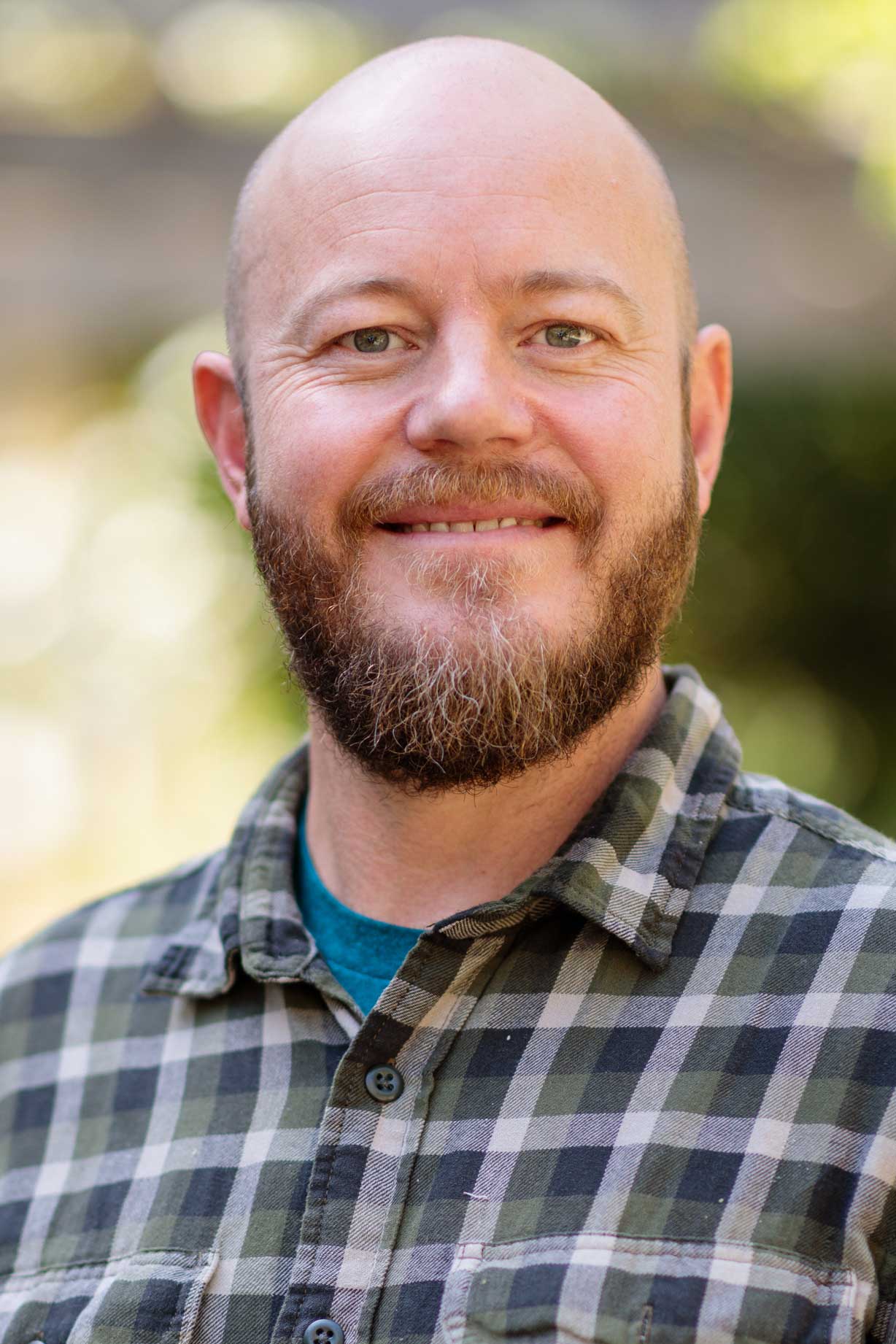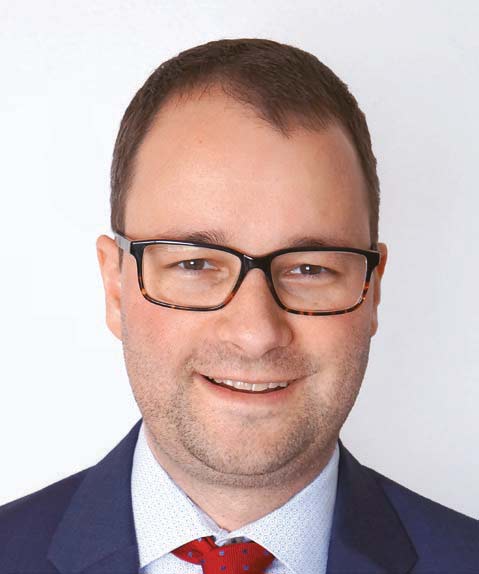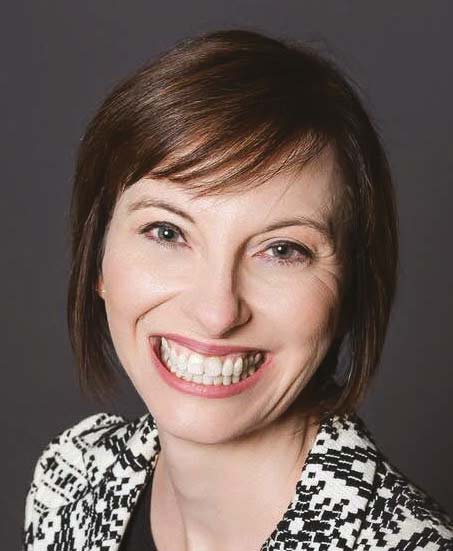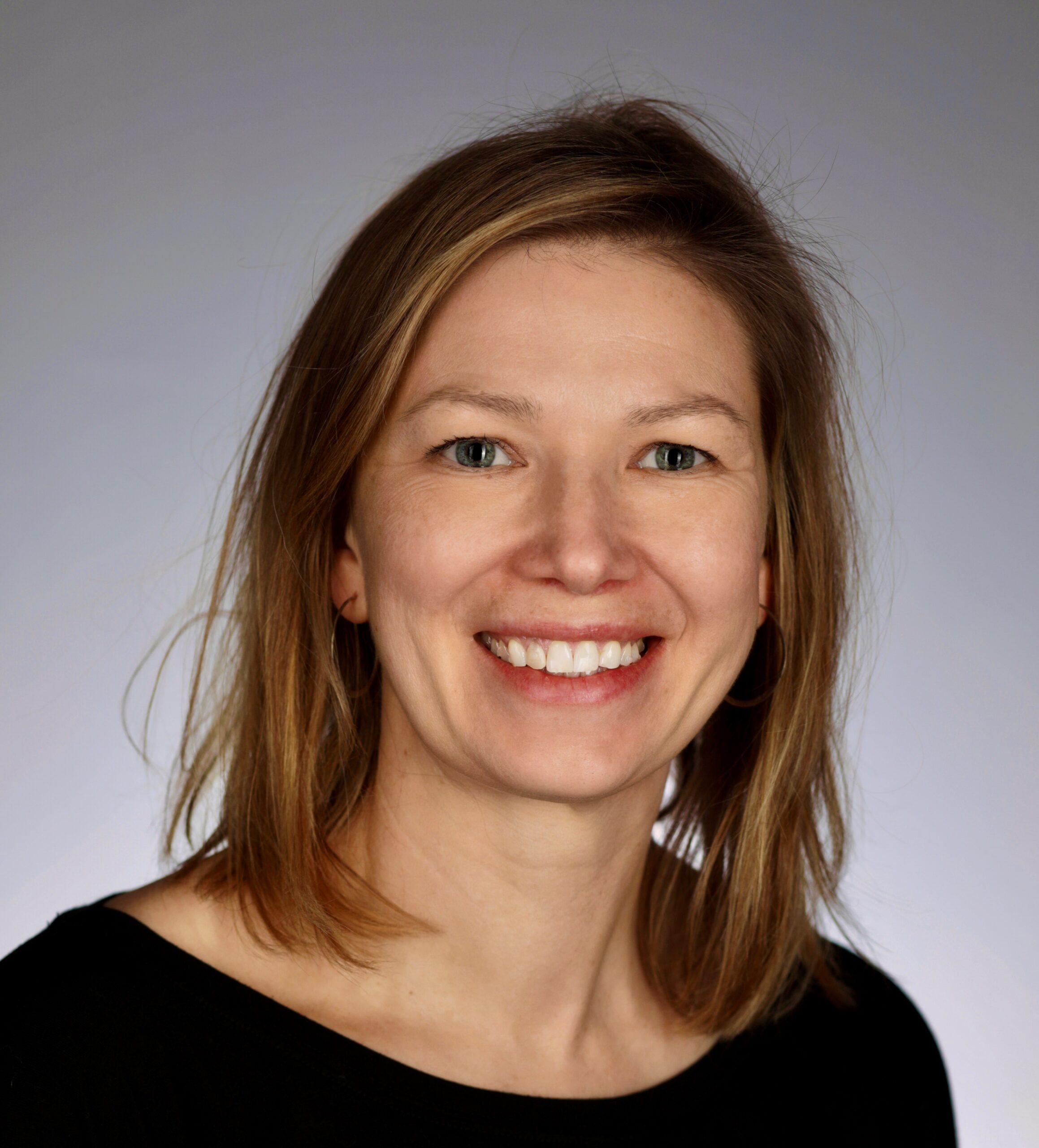UW-Seagen Fellowship
HEOR FELLOWSHIP PROGRAM 2024-2026
Contents
HEOR FELLOWSHIP PROGRAM 2024-2026
About Seagen
 Seagen Inc. is a global biotechnology company dedicated to discovering, developing, and commercializing transformative cancer medicines to make a meaningful difference in people’s lives. ADCETRIS® (brentuximab vedotin),PADCEV® (enfortumab vedotin-ejfv), and TIVDAK® (tisotumab vedotin-tftv) use the company’s industry-leading antibody-drug conjugate (ADC) technology. ADCETRIS® treats certain types of classical Hodgkin lymphoma and other CD30-expressing cancers. PADCEV® treats certain types of metastatic urothelial cancers, and TIVDAK® treats recurrent or metastatic cervical cancer in patients with disease progression on or after chemotherapy. TUKYSA® (tucatinib), a small molecule tyrosine kinase inhibitor, treats certain HER2+ metastatic breast cancers in combination with other agents. The company is headquartered in the Greater Seattle area, with locations in California, Canada, Switzerland, and the European Union. Beyond our approved products, the company has established a pipeline of novel targeted therapies at various stages of clinical testing.
Seagen Inc. is a global biotechnology company dedicated to discovering, developing, and commercializing transformative cancer medicines to make a meaningful difference in people’s lives. ADCETRIS® (brentuximab vedotin),PADCEV® (enfortumab vedotin-ejfv), and TIVDAK® (tisotumab vedotin-tftv) use the company’s industry-leading antibody-drug conjugate (ADC) technology. ADCETRIS® treats certain types of classical Hodgkin lymphoma and other CD30-expressing cancers. PADCEV® treats certain types of metastatic urothelial cancers, and TIVDAK® treats recurrent or metastatic cervical cancer in patients with disease progression on or after chemotherapy. TUKYSA® (tucatinib), a small molecule tyrosine kinase inhibitor, treats certain HER2+ metastatic breast cancers in combination with other agents. The company is headquartered in the Greater Seattle area, with locations in California, Canada, Switzerland, and the European Union. Beyond our approved products, the company has established a pipeline of novel targeted therapies at various stages of clinical testing.
Potential to improve patient outcomes through multiple approaches to targeted therapies
We are developing highly-specific targeted therapies that provide multiple approaches for the treatment of cancer. These include agents that are directed toward receptors on the outside of cells, the signaling pathways within the cell, and the activation of immune cells. These agents may be used as single agents, or as part of combination regimens.
Targeting outside of the cell
Our antibody-drug conjugate technology combines the specificity of monoclonal antibodies, innovative linker systems, and the power of potent cell-killing agents to treat cancer.
In our ADCs, stable linkers attach a potent synthetic cell-killing (cytotoxic) agent to an antibody. The antibody is targeted against a specific tumor-associated receptor on cancer cell surfaces. Our linker systems release the cytotoxic agent once inside the targeted cells. By targeting specific tumor-associated receptors on the surface of cancer cells, ADCs have the potential to spare non-targeted cells and reduce toxic side effects resulting in better outcomes for patients.
Our ADC technology is employed in our approved product, ADCETRIS, and three other programs in pivotal trials, as well as in several earlier-stage candidates.
Targeting pathways inside the cell
Certain signaling pathways in the cell are known to be involved in initiation and progression of cancer. For instance, the kinase signaling pathway has been shown to drive many aspects of cancer tumor biology including survival, motility and evasion of antitumor immune response. We are currently conducting a pivotal trial of an oral tyrosine kinase inhibitor, tucatinib, for patients with an aggressive type of breast cancer.
Activating immune cells
Immunogenic cell death induced by ADCs can result in the stimulation and recruitment of an immune response toward cancer. We believe these properties could make ADCs a preferred partner for immuno-oncology agents, such as checkpoint inhibitors. We are currently conducting several clinical trials combining ADCs with checkpoint inhibitors.
Continuing to advance other approaches
We are conducting phase 1 trials of several novel agents. For example, we have a phase 1 trial evaluating SEA-BCMA, an antibody empowered using our proprietary Sugar Engineered Antibody (SEA) technology designed to enhance antibody dependent cellular cytotoxicity. The target of SEA-BCMA, the cell surface pro-tein B-cell maturation antigen (BCMA), is broadly expressed on malignant plasma cells in multiple myeloma. SEA-BCMA has demonstrated promising antitumor activity in preclinical studies.

Josh Carlson, MPH, PhD
Professor, The Comparative Health Outcomes, Policy, and Economics (CHOICE) Institute
School of Pharmacy
University of Washington
Seagen/UW Fellowship Director

Zsolt Hepp, PharmD, MS
Senior Director, Global HEOR
Seagen

Cindy McDonald-Everett
Senior Vice President, Global Value Access
Seagen
A full list of CHOICE Core Faculty, Adjunct Faculty, and Staff can be found here: https://sop.washington.edu/choice/who-we-are/faculty-staff/
A full list of CHOICE Affiliate Faculty can be found here: https://sop.washington.edu/choice/who-we-are/faculty-staff/affiliate-faculty/
Jennifer Deem, PhD
2023-2025
Jennifer joins CHOICE with a BS in Chemistry and Biochemistry and a PhD in Pharmacology, all earned at the University of Washington. As prior junior faculty, Jennifer’s basic science research program focused on state-of-the-art neuroscience tool development and its applications linking thermoregulation neurocircuits to food intake and glycemic control. As Jennifer’s work delved deeper into data science, she was drawn to machine learning, modeling, and data-heavy but clinically-relevant research outside of neuroscience, and she longed for more immediately impactful research. Her developing interests include advanced biostatistics, epidemiology, and data extraction applications to generate real-world evidence. She is thrilled to bring her research experience to the CHOICE Institute, where she can work with Seagen and the UW CHOICE faculty to build an advanced understanding of global HEOR.

2020-2022
Operations Research/Systems Analyst, U.S. Army

2019-2021
Health Economics Manager at Seagen
 Seagen and the University of Washington Comparative Health Outcomes, Policy and Economics (CHOICE) Institute offers a 2-year health economics and outcomes research (HEOR) fellowship for post-PharmD students. Designed to help meet the growing need for expertise in HEOR and evaluation of pharmaceuticals and other health care technologies, the fellowship combines 1 year of academic study with 1 year of industry experience to provide both the theoretical tools and the practical experience to become a skilled researcher in this increasingly important field.
Seagen and the University of Washington Comparative Health Outcomes, Policy and Economics (CHOICE) Institute offers a 2-year health economics and outcomes research (HEOR) fellowship for post-PharmD students. Designed to help meet the growing need for expertise in HEOR and evaluation of pharmaceuticals and other health care technologies, the fellowship combines 1 year of academic study with 1 year of industry experience to provide both the theoretical tools and the practical experience to become a skilled researcher in this increasingly important field.
Fellows will receive a competitive stipend for each year of the fellowship, along with tuition, health benefits, and travel expenses for company meetings and attendance at 1 domestic professional meeting per year.
Fellowship Program Objectives
After completion of the 2-year program, fellows will have a clear understanding of:
- General principles of economics and how economics influences the use, cost, and availability of pharmaceuticals.
- The complex structure of drug policy and how it determines relationships among consumers, health care providers, payers, and government agencies.
- The breadth, scope and limitations of analytical methods needed for assessing cost-effectiveness and health-related quality-of-life as influenced by the use of pharmaceuticals.
- Research design and epidemiology methodology, including development of research protocols in pharmaceutical-related outcomes assessment.
- Formulary development, maintenance and evaluation in institutional, managed care, and state-level government programs.
Fellows shall also gain practical experience in:
- Designing an economic assessment protocol and conducting the research, as applied to either existing products or those in development.
- Applying the methods of epidemiology, statistics, and psychometrics as they relate to cost-effectiveness and health-related quality-of-life evaluations.
- Preparing proposals for funding research in an academic, government, or industry setting.
- Disseminating results of an economic assessment by preparation of a manuscript, seminar, or other scholarly vehicle as well as a US FDAMA 114/Section 3037 approved health care economic information communication.
- Application of HEOR methods to inform pharmaceutical research strategies.

Fellowship Program 1st Year
The first year of the fellowship is conducted at the University of Washington School of Pharmacy in Seattle. The objective of the first year is to learn the foundations of health economics and outcomes research, including an overview of pharmaceutical economics, general health policy, economic assessment methodologies, health services research design, and statistical analysis through an individualized program of coursework provided through the University of Washington in consultation with the program director.
Fellows will meet regularly with their advisor to discuss their progress and review assigned current research articles. In addition to their classwork, fellows will participate in a research seminar designed to provide them with experience in critiquing, preparing, and presenting scholarly research during each quarter and will be expected to present a report on their independent research once during that year. The program is rigorous, requiring up to 45 hours a week in classwork and independent study.
Fellows will be required to develop, under the guidance of their advisors at the University of Washington and Seagen, a research project leading to a thesis. The fellow will choose the topic, with input from the University of Washington and Seagen and should be of mutual interest to all parties. If the selected topic involves a Seagen compound, the research protocol will be submitted to Seagen for prior approval. Additional funding to complete this project may be made available at the discretion of Seagen. Research proposals shall be implemented while fellows are at the University of Washington but may continue into the second year of the program. Research will be managed by fellows under the supervision of University of Washington faculty and Seagen product researcher(s).
Due to the proximity of Seagen to the University of Washington, fellows can regularly interact with Seagen staff while focusing attention on their coursework. This provides unique early exposure to the Seagen team in advance of the second year industry placement.
Fellowship Program 2nd Year

The second year provides fellows experience in applying the HEOR skills gained during their first year of the program to real-world development and commercialization of a product within the industry setting.
The fellow will work on site at Seagen as a member of the HEOR team. Fellows gain hands-on experience in conducting research with an oncology focus, approved by both Seagen and the University of Washington, to support the evidence generation plan of an existing or experimental product in a therapeutic area of interest to Seagen.
Unique to the Seagen Fellowship is its focus on oncology, and the opportunity to learn the real-world evidence and value strategy needed to support new oncology treatments. Fellows will learn how pharmacoeconomics and outcomes research are developed with consideration for value frameworks such as those produced by the American Society of Clinical Oncologists (ASCO), the National Comprehensive Cancer Network (NCCN), and the Institute for Comparative Effectiveness Research (ICER).
In addition to completing their individual research project(s), fellows will participate in ongoing pharmacoeconomic evaluations or other outcomes projects assigned by their Seagen preceptor. They will have the opportunity to interact with Seagen clinical research, commercial development, and regulatory affairs teams to learn how Seagen uses diverse datasets and HEOR methodologies to generate evidence needed to identify unmet need and demonstrate Seagen product value to payers, providers, and patients. Fellows will be expected to present the results of any individual research projects to the University of Washington faculty, graduate students, other post-doctoral fellows, and to cross-functional teams at Seagen. After completion of the program, fellows will have a solid understanding of HEOR methodologies as well as firsthand experience in applying their learnings in an industry setting, laying the foundation for a successful career in HEOR.
Application Requirements
- You must hold U.S. citizenship or permanent residency status to apply, we are unable to sponsor non-immigrant visas for this program.
- Degree in pharmacy or health-related discipline.
- Previous research experience (preference will be given to those with a high academic standing).
- Excellent oral and written communication skills, ethics, professionalism, leadership and an interest in the biopharmaceutical industry.
- Curriculum vitae, cover letter, three letters of recommendation.
Selection of fellows will be made by a committee composed of University of Washington faculty members and representatives from the respective company.
Application Process Timeline:
- Eligibility: Degree in Pharmacy by July 1, 2024
- Application Opens: Friday, September 1, 2023
- Application Deadline: Monday, October 23, 2023
- Interview Notification: Monday, October 30, 2023
- Interviews: Week of November 6, 2023 (via Zoom)
- Offer Notification: Rolling, after interviews
- Decision Deadline: December 13, 2023
- Program Start Date: July 1, 2024
How to Apply:
- Login to the Graduate School application: https://apply.grad.uw.edu/portal/gr_app
- Select “Start Graduate Application”
- Complete all sections of the application along the lefthand panel, starting with the Profile Information section.
- Under Program Selection, choose the following:
- Application type: Graduate
- Program: Pharmacy – Health Economics & Outcomes Research (MS)
- Review the Program Requirements and indicate the term and year you intend to enroll in the program
- Select Autumn 2024 (this is when the matriculation to the graduate program would begin).
- For the section, “Application Questions”, select which MS fellowship program(s) to which you would like to apply. You may choose a min. of 1 and a max. of 4. The selections are not ranked.
- Select all that apply: AbbVie Fellowship Program, Bayer Fellowship Program, Genentech Fellowship Program, Seagen Fellowship Program
- To add another program, select “Add a fellowship program”. You may choose up to 4.
- Continue with completing all other sections of the application, including Application Materials and Recommenders.
- Review your application and check for any missing required fields or errors. When ready, click Submit Application. Your application is not submitted until you have paid the application fee.
- Fee waivers are available for those who qualify. Review eligibility requirements and the process for fee waiver requests here: https://grad.uw.edu/prospective-students/how-to-apply/application-fee-waivers/
A more detailed instruction guide can be found here.
Contact Information
For more information, please contact:
Marina Gano
Graduate Program & Operations Manager
The CHOICE Institute, Department of Pharmacy
206-616-1383
uwsopchoice@uw.edu
Dr. Zsolt Hepp
Seagen Fellowship Director
(425) 527-2561
zhepp@seagen.com
